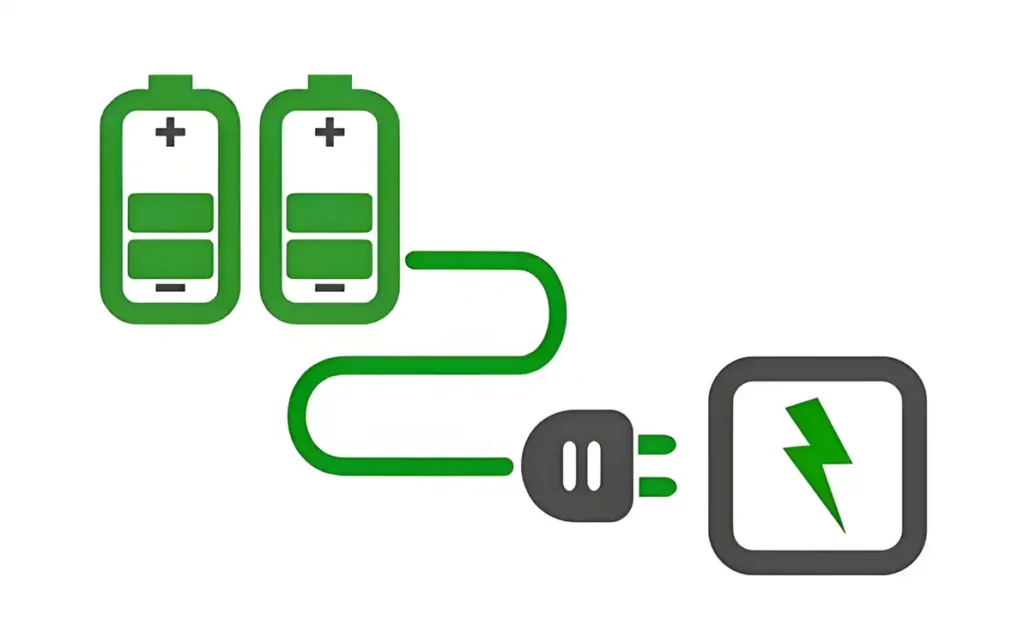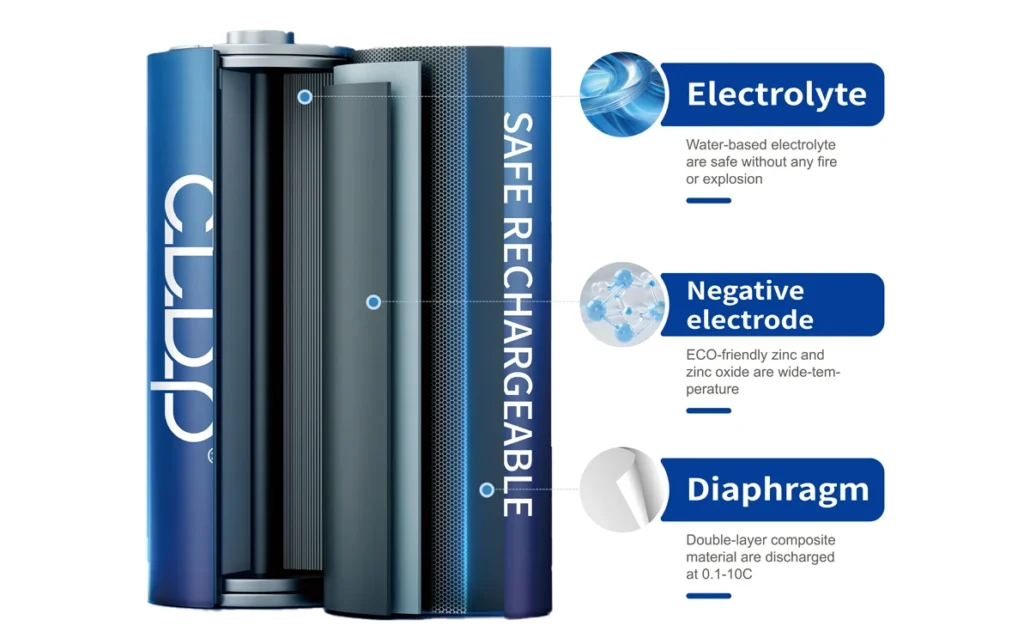Rechargeable batteries are a type of battery that can be charged multiple times. Compared to disposable dry batteries, they can be reused multiple times to achieve the goal of saving battery purchase costs. During the use of rechargeable batteries, it is important to pay attention to the correct usage methods and avoid hazards such as overheating, leakage, explosion, or fire. Below are some suggestions to ensure the safety of rechargeable batteries.
Follow the manufacturer’s instructions:
Strictly follow the instructions and labels provided by the manufacturer when using the battery and charger.
Using the correct charger:
Only use chargers that are compatible with the battery, and try to use original or certified charging devices as much as possible. For example, zinc nickel rechargeable batteries do not currently support the use of nickel hydrogen chargers due to their high charging voltage, and require the use of zinc nickel dedicated chargers or universal chargers.

Avoid overcharging:
Avoid prolonged continuous charging, especially when the battery is fully charged. Although many rechargeable batteries now have built-in protection circuits to prevent this from happening, not all batteries have this feature.
Monitoring the charging process:
Although chargers are now relatively intelligent, it is still important to pay attention to the charging status of the battery during the charging process to avoid unexpected situations.
Suitable storage conditions:
When the battery is not in use, it should be stored in a dry and cool place, away from heat sources and direct sunlight. When charging, it is also necessary to ensure that the ambient temperature is within the recommended range (usually 0 ° C to 45 ° C).
Check the battery status:
Regularly check the battery for expansion, leakage, or other physical damage. If any abnormal situation is found, please stop using it immediately and replace the battery.
Avoid short circuits:
Ensure that the positive and negative terminals of the battery do not accidentally come into contact with metal objects, causing a short circuit. Insulation tape can be used to cover exposed terminals, or batteries can be stored in a standardized manner.
Proper disposal of discarded batteries:
According to local regulations, properly recycle waste batteries and do not dispose of them indiscriminately to reduce environmental pollution risks.
Transportation safety:
If you need to travel with batteries, make sure they are properly packaged to avoid the risk of short circuits caused by mixing with other items, and also avoid direct sunlight.
Use qualified products:
Purchase certified branded batteries and accessories to avoid using inferior or counterfeit products.
The above measures can effectively prevent the risk of rechargeable battery failure and ensure the safety of individuals and property. If you are unsure how to safely use a specific type of battery, it is best to consult a professional or refer to official guidelines.




